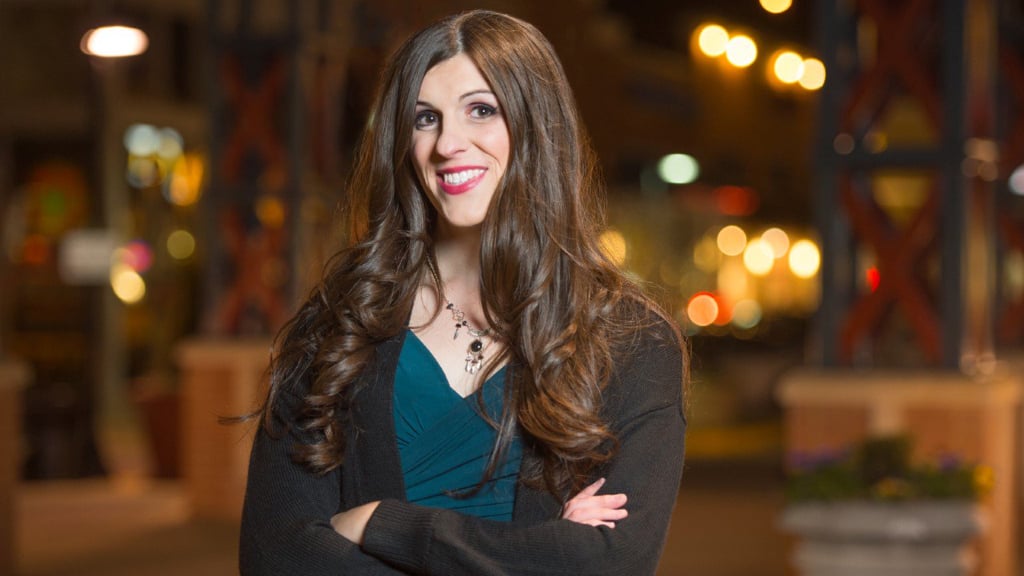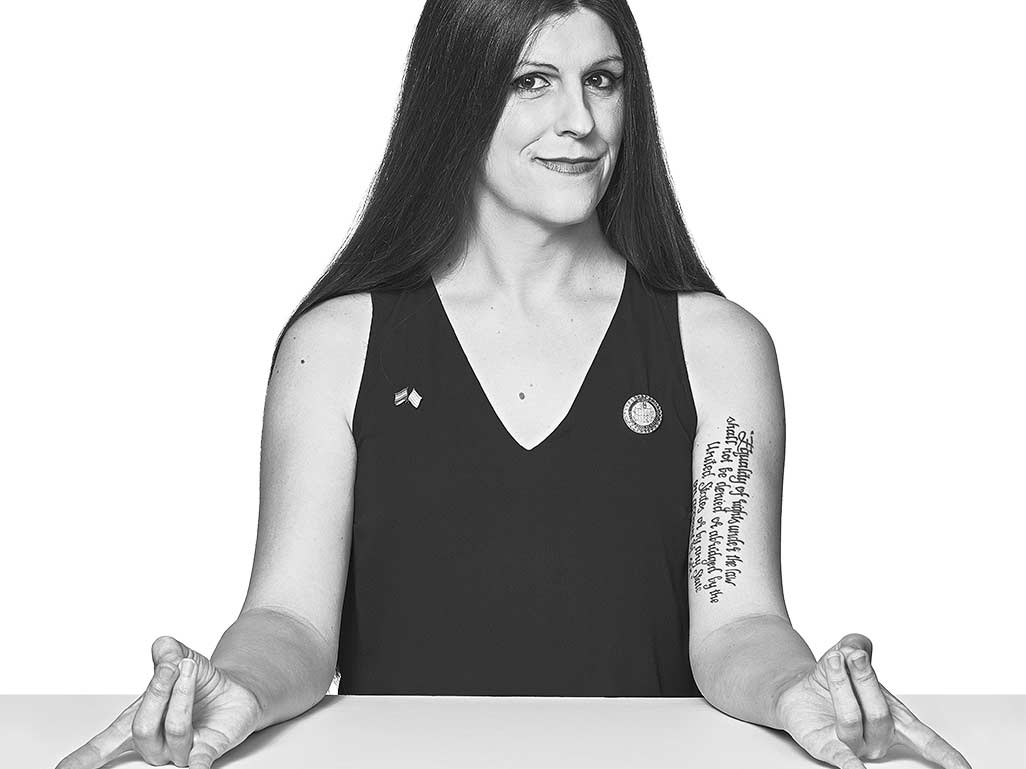Besides picking nominees for governor on Tuesday, some Virginia voters also got to participate in primaries for seats in the House of Delegates. And the Democratic contest in one Northern Virginia district may be particularly indicative of what appears to be the state’s leftward trend in 2017.
Danica Roem, a former editor of the Montgomery County Sentinel, beat three other candidates in the Democratic primary for the 13th district seat. She’s also the first transgender candidate for a state legislative seat in Virginia history. Making the race even more dramatic, the 13th district has been held since 1990 by Republican Bob Marshall, known around the state for pushing aggressively anti-abortion, anti-gay, and anti-transgender legislation, including a so-called “bathroom bill” in January that proved too extreme for the GOP-controlled statehouse.
But incumbency is a powerful asset in local races, and Marshall will be tough to knock off. Still, there’s evidence from both last night’s returns and the recent political history of the district—which includes Manassas Park and a crescent of Prince William County—to suggest Roem has a real shot at toppling one of Virginia’s most controversial and entrenched incumbents.
For starters, statewide Democratic turnout on Tuesday blew away both gubernatorial campaigns’ and seasoned observers’ estimates. While the 13th House of Delegates district is a poor snapshot—only 4,237 ballots were cast—nearly 540,000 people voted in the primary in which Lieutenant Governor Ralph Northam bested former US Representative Tom Perriello, blowing away the 320,000 who voted in the last contested Democratic primary in 2009. Credit the surging turnout to anti-Trump sentiment, but if Democrats can sustain it through November, it could suddenly give the party a chance of capturing the House of Delegates, where they currently hold just 34 seats compared to the Republicans’ 66.
That’s where the 13th district comes in. It’s one of 17 Republican-held seats that Hillary Clinton carried last year en route to winning the state; Democrats will need win all of them to take over the House of Delegates. So while Marshall legislates like a right-wing hardliner, his constituents don’t vote that way in races for higher offices. As the Democratic primary last night demonstrated when they picked Northam over Perriello, Virginia voters want to hear knowledge of state and local issues more than a channeling of the national mood. Rather than simply rebut Marshall’s flame-throwing rhetoric, Roem’s been building her campaign around fixing up traffic-clogged Route 28 and improving the district’s public schools.
At the city and county levels, the 13th district has also been trending bluer of late. Prince William County and Manassas Park are reliable Democratic strongholds in presidential races. Prince William is still run by a GOP-controlled board, but Manassas Park—a city of about 16,000—elected Democratic council woman Jeanette Rishell its first new mayor in 12 years last year. There’s also evidence demagoguery like Marshall’s doesn’t play as well at the local level as it used to. Look just outside the 13th district borders at Loudoun County, where in 2015, voters ejected 16-year incumbent Eugene Delgaudio, who was known more for spewing anti-gay agitprop than local governance.
Since winning his first race in 1989, Marshall’s faced mostly token opposition, usually besting his Democratic opponent by more than 15 percentage points every two years. The closest he came to losing was 2013, when middle-school math teacher Atif Qarni came within 3 percentage points. The big race on the ballot that year: the governor’s race that landed Terry McAuliffe in Richmond, though it wasn’t big enough to swing the state legislature’s tilt. But with record numbers showing up last night, a wave could be building in Virginia big enough to lift first-time candidates like Roem into office.



















